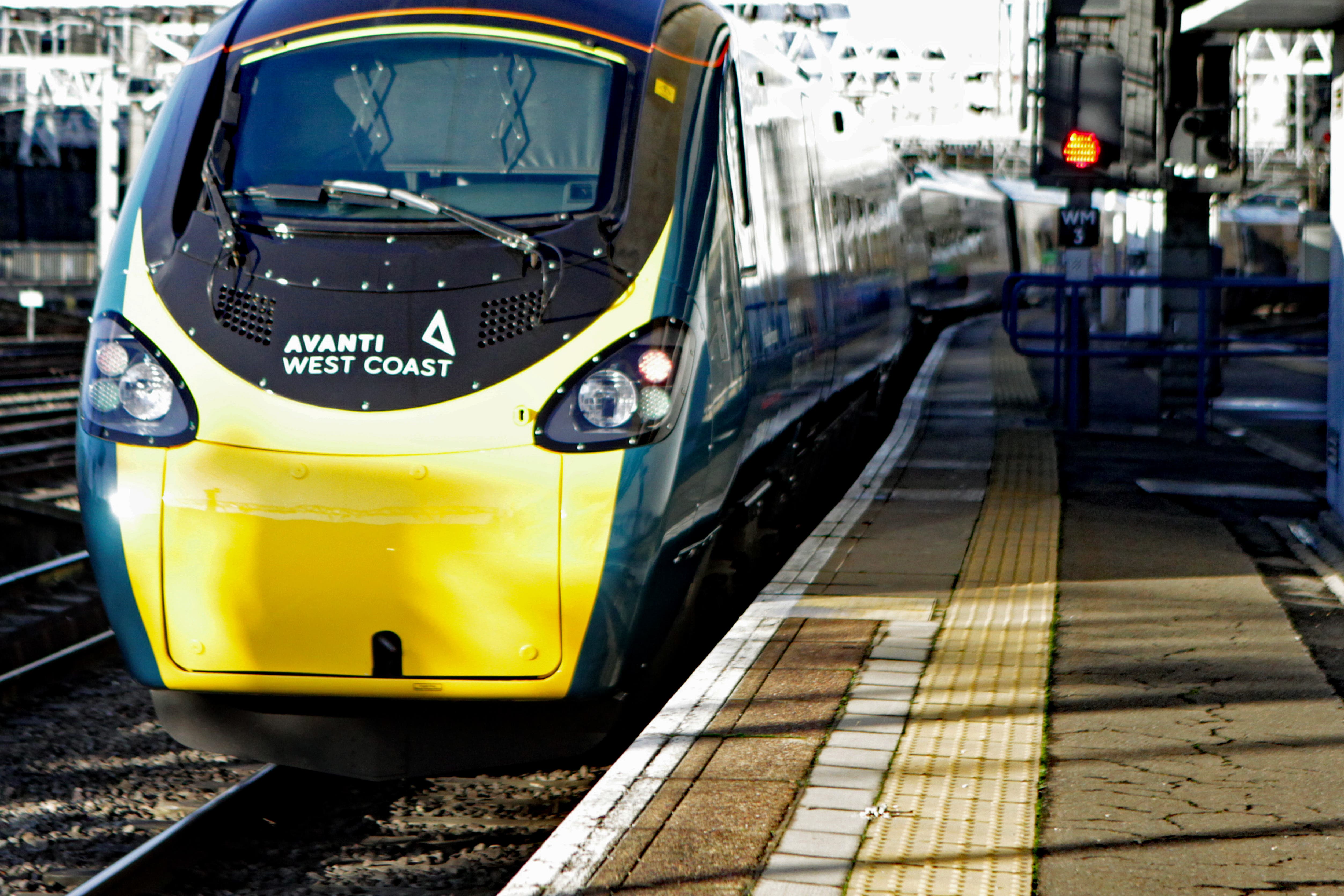Nationalising train services is ‘not a practical solution’, private firms say
The Railways Bill will ensure that appointing a public sector train operator as existing contracts expire will be the default position.

Your support helps us to tell the story
From reproductive rights to climate change to Big Tech, The Independent is on the ground when the story is developing. Whether it's investigating the financials of Elon Musk's pro-Trump PAC or producing our latest documentary, 'The A Word', which shines a light on the American women fighting for reproductive rights, we know how important it is to parse out the facts from the messaging.
At such a critical moment in US history, we need reporters on the ground. Your donation allows us to keep sending journalists to speak to both sides of the story.
The Independent is trusted by Americans across the entire political spectrum. And unlike many other quality news outlets, we choose not to lock Americans out of our reporting and analysis with paywalls. We believe quality journalism should be available to everyone, paid for by those who can afford it.
Your support makes all the difference.A Bill to bring train operation into public ownership has been described by private rail companies as a “political not a practical solution”.
Rail Partners, which represents private sector train operators, said legislation announced in the King’s Speech will “increase costs”.
The Railways Bill will ensure that appointing a public sector train operator as existing contracts expire will be the default position rather than a last resort.
The Government said this will avoid the need to pay compensation to current operators and will save taxpayers millions of pounds each year that are paid out in fees to private train companies.
It added that the first contracts will be brought into public ownership as soon as possible once the legislation is in place.
Renationalising all train operation was a long-standing pledge for Labour while the party was in opposition.
The sector’s overhaul will also be carried out through the Railways Bill, which will lead to the introduction of Great British Railways, first proposed by the Conservative government in May 2021.
This will bring together the management of rail infrastructure and delivery of passenger services into a single public body.
A shadow GBR will be set up aimed at uniting key rail industry bodies ahead of primary legislation being passed.
Rail Partners chief executive Andy Bagnall said: “Train companies have been calling for radical reform of the railway for several years, including the creation of Great British Railways, so the commitment to reform in today’s King’s Speech is an important milestone.
“However, getting the detail right below the headline is critical to achieving the Government’s ambitions for green growth and reducing the railway’s financial burden on the taxpayer.
“We want the same outcomes as the new Labour Government – a better railway for those that use it and pay for it.
“But to change the railway for the better, we must correctly understand the causes of the current challenges to get the right solutions – and full nationalisation is a political not a practical solution, which will increase costs over time.”
Richard Bowker, former boss of the Strategic Rail Authority, which was a public body providing strategic direction for the industry between 2001 and 2005, said the Government’s plans are “very solid and sensible”.
Without ambition, without a strategy, and without greater funding, the industry will remain hobbled
He told the PA news agency: “Critical now is to see who the new leadership team at the shadow Great British Railways body will be, as it is a dynamic, engaged and relentlessly focused leadership in GBR – initially in shadow form – that will really turn this vision into reality.”
Rail engineer and writer Gareth Dennis said: “It’s very welcome that some priority is being made of finalising the structure of the rail industry.
“However, the approach being taken to create GBR will take until the end of the decade, and should only be seen as the first small step in preparing the industry for its larger role in the future.
“Without ambition, without a strategy, and without greater funding, the industry will remain hobbled.”
Darren Caplan, chief executive of the Railway Industry Association (RIA), which represents railway equipment manufacturers, said: “A new body with strategic oversight and responsibility for rail can focus on meeting growing passenger demand and boosting industry revenues.”
Meanwhile, the Better Buses Bill is aimed at giving local authorities in England the power to franchise local bus services, by removing barriers that mean only metro mayors can currently do this.
This will enable local leaders to deliver better bus networks reflecting the needs of communities relying on them, according to the Government.
The Bill will also attempt to provide enhanced accountability of bus operators, and give councils more control and flexibility over bus funding.